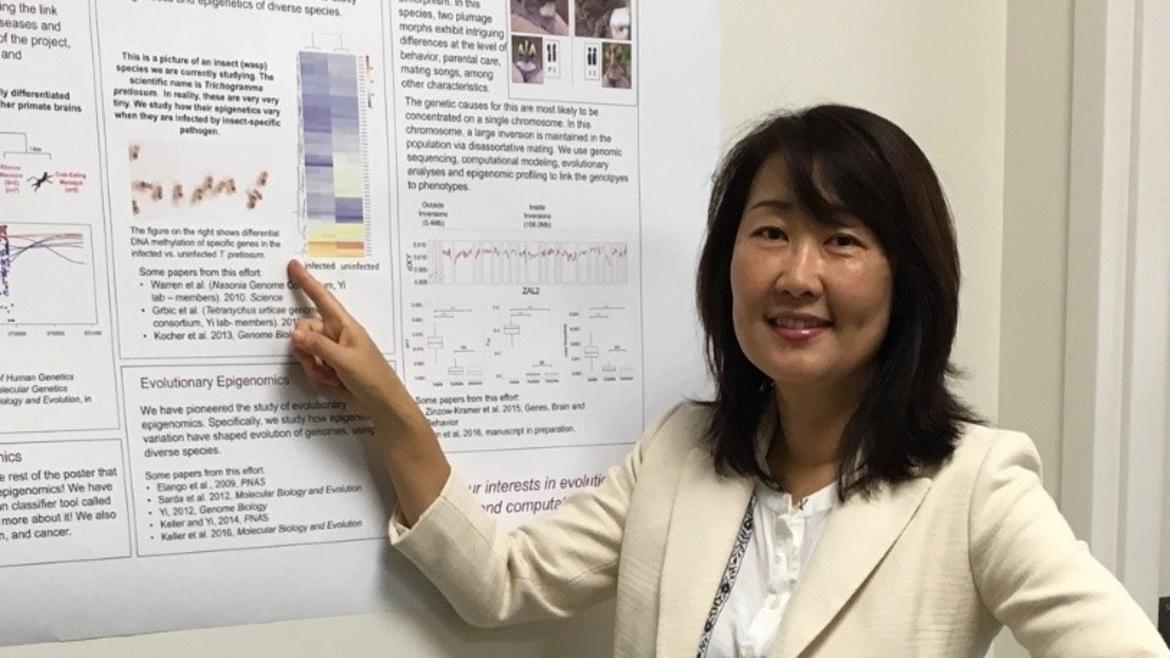
Title: What does Epigenetics have to do with Ecology and Evolution of Insects?
Abstract: Methylation of cytosines in CpG context (DNA methylation) provides an additional layer of information to the canonical four-letter genome. Groundbreaking studies nearly a decade ago have reignited interest in understanding the functional impact of DNA methylation and other epigenetic modifications on the regulation of arthropod genomes. Our work in this regard established that DNA methylation is widely found in insect genomes (and other invertebrate genomes) and affects several genomic properties including evolutionary rates. Genomic patterns of DNA methylation in insects are highly different from those in the well-studied mammalian genomes, offering new insights into the evolution of epigenetic modification systems, and highlights challenges to understanding how insect genomes utilize DNA methylation for regulation. Nevertheless, our recent work indicates that DNA methylation mediate organismal response to different types of pathogens in insect genomes. In honey bee, infection of a specific virus results in distinctive changes of DNA methylation, and the pathways that change at the epigenetic level (DNA methylation) and at the transcriptome level (RNA-seq) appear different. In Trichogramma wasp, genome-wide DNA methylation profiles are highly differentiated between those with and without intracellular parasite. These results shed light on the role of epigenetic modifications in the ecology and evolution of these species.